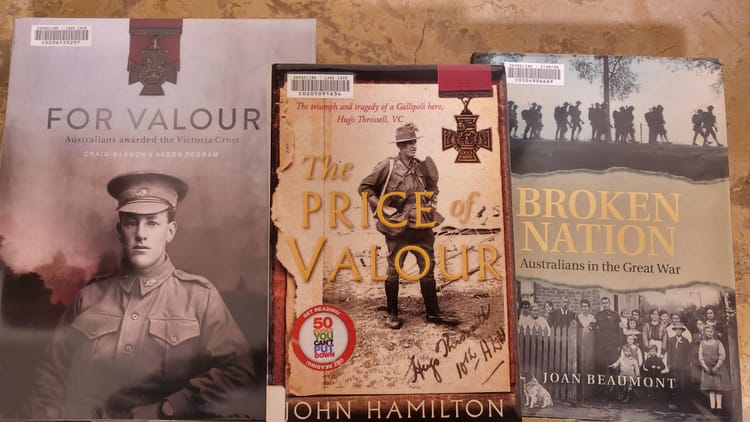Survival Humour

Visceral pain is an inevitable emotion and an unalterable part of life yet ephemeral. However pain is, we pitiful beings seek another invisible novelty for compensation: humour. Without humour, our lives are an indefatigable summer day at the workplace. This truth resonates deeply, reverberating in the experiences of those who endured the unimaginable horrors like the Holocaust and the unfruitful challenges of expeditions such as Ernest Shackleton's Antarctic voyage. This is only further upheld by the accounts of the famed psychiatrist and Holocaust survivor, Victor Frankl.
Humour often serves as entertainment and a beacon of hope, enabling individuals to see the brighter sky in the darkest of times. The Holocaust left few men to tell their tale. Among them was Victor Frankl. Survival was essential and in this case, humour was used. Frankl and the other inmates exchanged stories and sang; their spirits floated into a new world. Frankl and the others attempted to find humour outside camp despite harsh conditions. Frankl put this into an analogy: a man's suffering is the equivalent of a gas chamber; humour is not only requisite for entertainment but for survival.

In a concentration camp, the cold breath of Death is sent down the spine. However, in the face of Death, prisoners still laugh. An empty workshed was set aside for prisoners, Capos (selected by Germans to lead their poor prisoners) and other men for recreation. Here, cooks served a spoonful of porridge into bowls. All men came to forget. Forget the horrors of their surroundings. They laughed and they cried as songs, poems, and jokes passed around the cabin. Often choosing the cabins over a precious bowl of soup, the gatherings were a haven for the inmates. Such a powerful entity, humour is: simply axiomatic.

Another notable example of humour for survival is Endurance as Ernest Shackleton endeavoured to Antarctica. They neared the famed ice shelf, but their ship hit ice as the men were forced to abandon ship with their dogs. To survive, Shackleton ordered all unnecessary items sunk. This was a quintessential rule as he threw his pure 24 carat gold cigarette case into the deep abyss. Strikingly, a banjo survived. A whole afternoon was given up once a week before jumping ship when they listened to music, jokes, and the radio. Their dogs also served as humour and entertainment as the attached men watched them sprint on the ice. With a banjo and a few dogs, survival was achieved and all were rescued.


Humour traverses time. Whether laughing at a sophisticated joke, mere screaming goats, or babies with large nose holes, humour serves to entertain. Though, as we can see, humour is also medicine, hope, survival fuel. Victor Frankl, Ernest Shackleton, and every human all endeavoured hardships and solved them in their lives by remembering to laugh. Do not judge against a single short video showcasing a human tripping over a cat, for the fun it produces is later the primary aspect of survival.





Member discussion